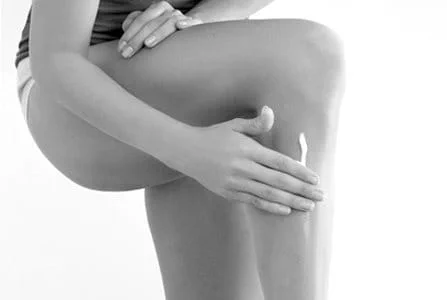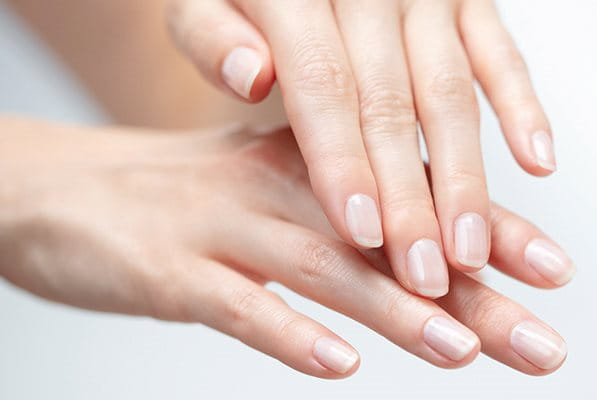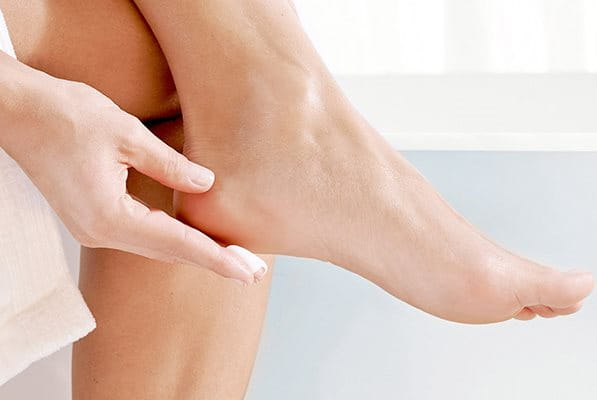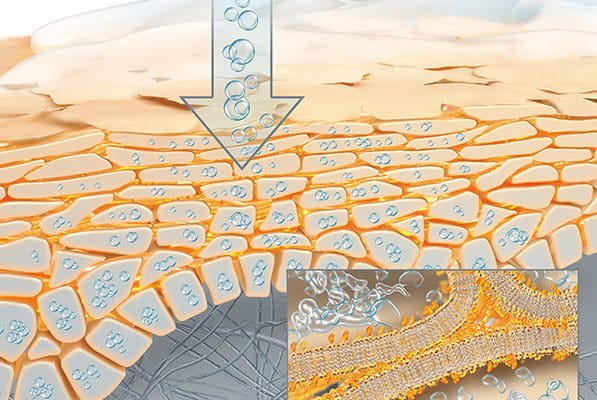We take responsibility. For your skin. And our planet.
About
Read more about our product
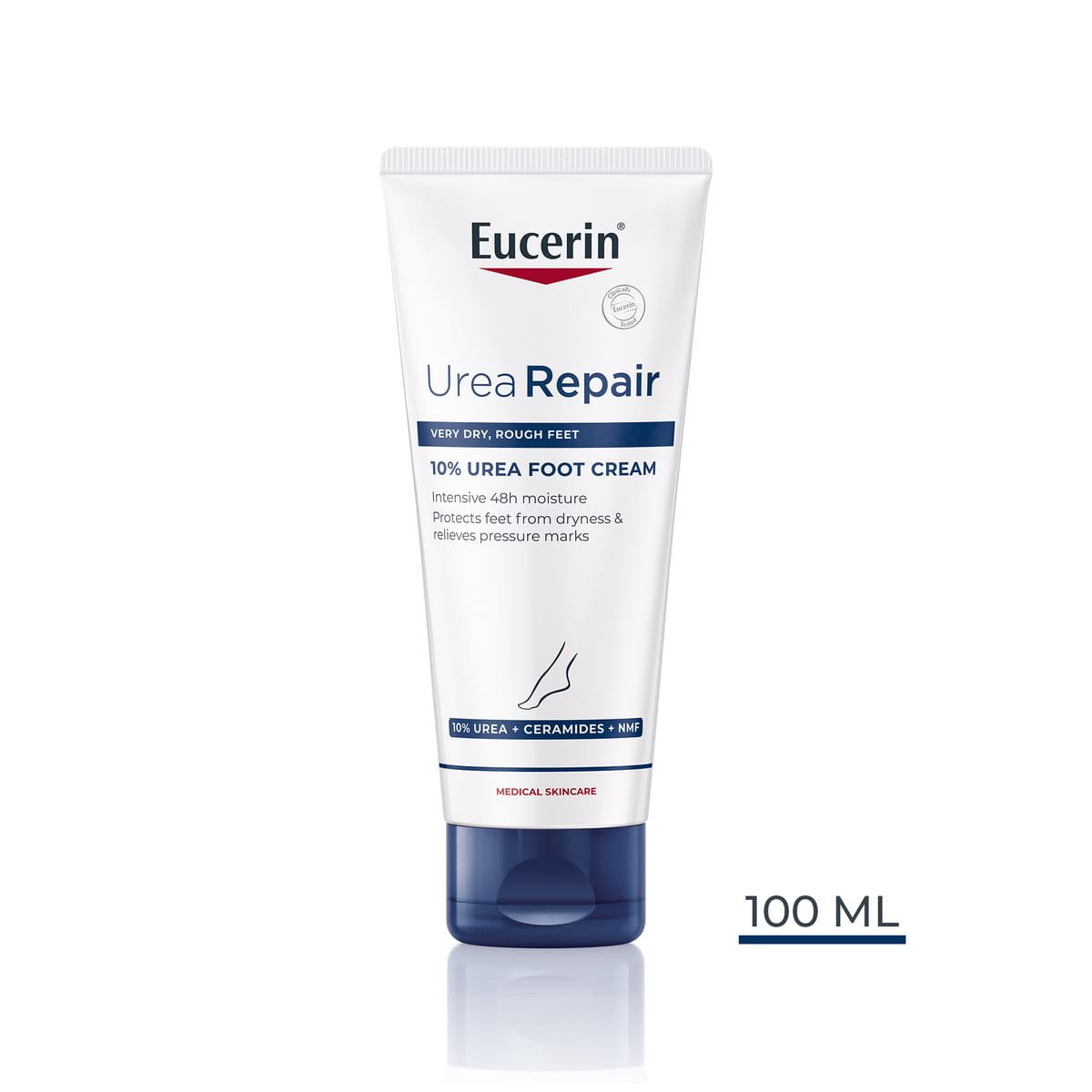
Main Findings
Clinical Formula
Why do I need a special moisturizer for my feet?
Our feet are particularly prone to dry skin which typically leads to problems such as calloused skin with corns and cracked heels. Wearing uncomfortable shoes can cause feet to develop pressure and friction marks. The skin on our feet is thicker than elsewhere on our bodies, which means it needs a rich and more intensive moisturizer.
How do I know if I should use Eucerin UreaRepair PLUS 10% Urea Foot Cream or Eucerin UreaRepair PLUS 30% Urea Cream?
It depends on the severity of dryness of your feet and heels. Eucerin UreaRepair PLUS 10% Urea Foot Cream is intended for daily use on dry and very dry and rough skin. If you have extremely dry patches of skin on your feet and heels we recommend the higher concentration of Urea in Eucerin UreaRepair PLUS 30% Urea Cream.
How can I tell if I have dry skin, a skin condition or a skin disease?
You can find information about dry skin as well as conditions such as Atopic Dermatitis and Psoriasis on this website. You can also take our skin test to find out more about your skin type and condition and how best to care for it. If you are still unsure, or concerned about your symptoms, we recommend you ask a pharmacist or dermatologist for advice.
Read also some related articles
